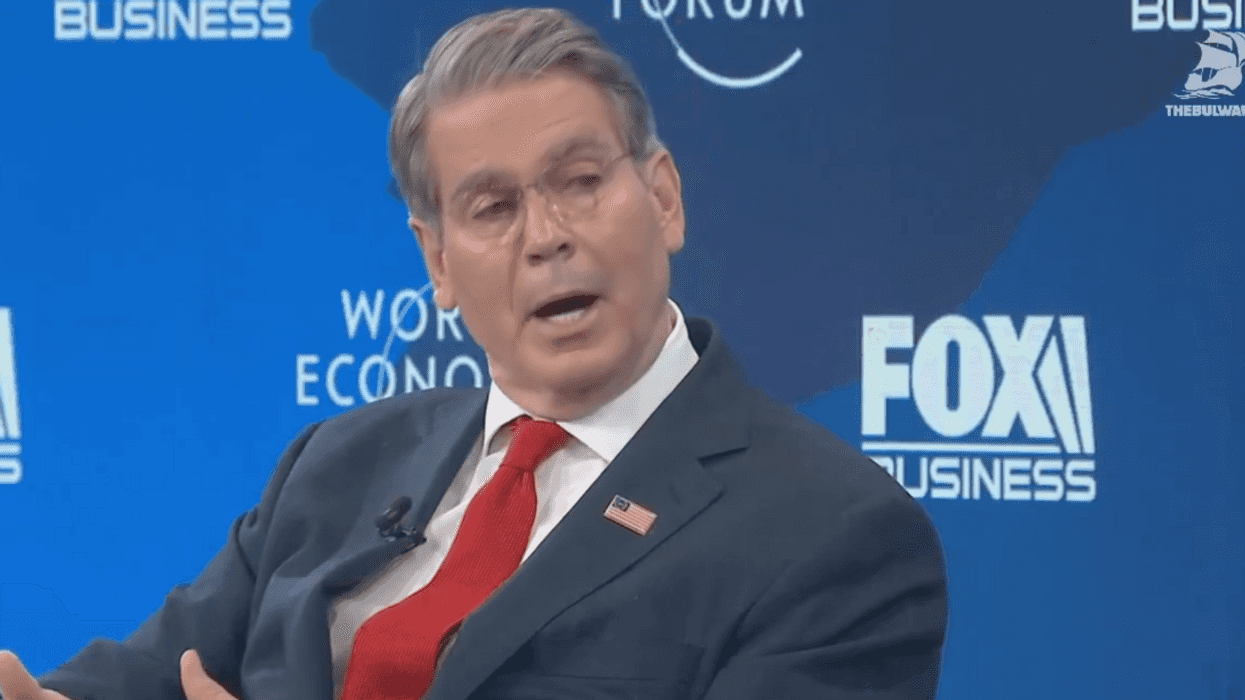When it comes to misplaced pride, Donald Trump isn't the president — he's the king.
Trump demonstrated that again today in a Twitter thread where he boasted about suspending tariff increases on China from 10% to 25%, a deal he reached with Chinese leader Xi Jinping at the recent G20 Summit. He then boasted about enforcing the tariffs in the first place, appearing to think that China was paying for them.
Then the President bestowed on himself a nickname that would stick for all the wrong reasons.
Despite being a self-described "tariff man," Trump's tweets seem to demonstrate a failure to grasp just how tariffs work.
A tariff is essentially a tax on certain goods imported from other companies. Though the United States is undoubtedly making money from the heightened tariffs, that money isn't coming from China as Trump seems to think. In fact, it's coming from the pocketbooks of American manufacturers and subsequently American consumers.
The very reason tariffs are effective is because domestic price increases force manufacturers to reevaluate the targeted imports — often by subsequently raising prices for consumers. In some cases, tariffs even force manufacturers to relocate out of their original country.
Ironically enough, a staple of Trump's 2016 campaign platform was keeping jobs and companies in the United States, but a drastic increase in tariffs would do just the opposite.
Republican Senator Ben Sasse (NE) tried to remind the President of these basic principles.
As did economist Robert Reich:
They weren't the only Twitter users trying to get through to Trump.
While Trump was bragging about the "$billions" earned from the tariffs, the stock market fell by 800 points. Many consider this a sign that investors are still wary of an impending trade war with China, despite Trump's touting of the deal.
Dan Suzuki, a portfolio strategist, said to CNN:
"People are still very concerned about the trade war. Financial markets are increasingly showing signs of fear of a recession."
Despite their exasperation, some Americans still found humor in the situation.
The name "tariff man" quickly took off, with folks all across Twitter imagining his persona.
For some, the name took on a musical tone.
And the parodies soon followed.
While the nickname may provide some fun for now, it won't be nearly as funny if American consumers are forced to face stratospheric inflation.

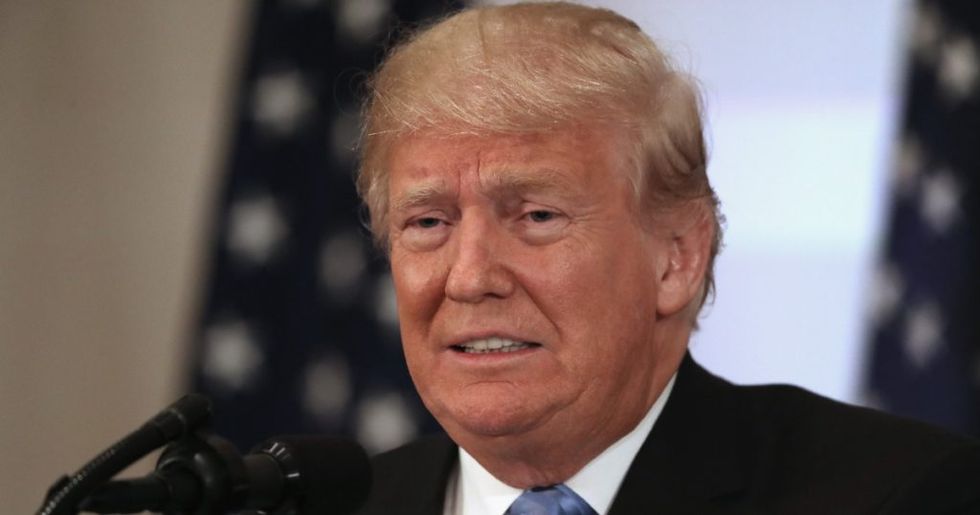




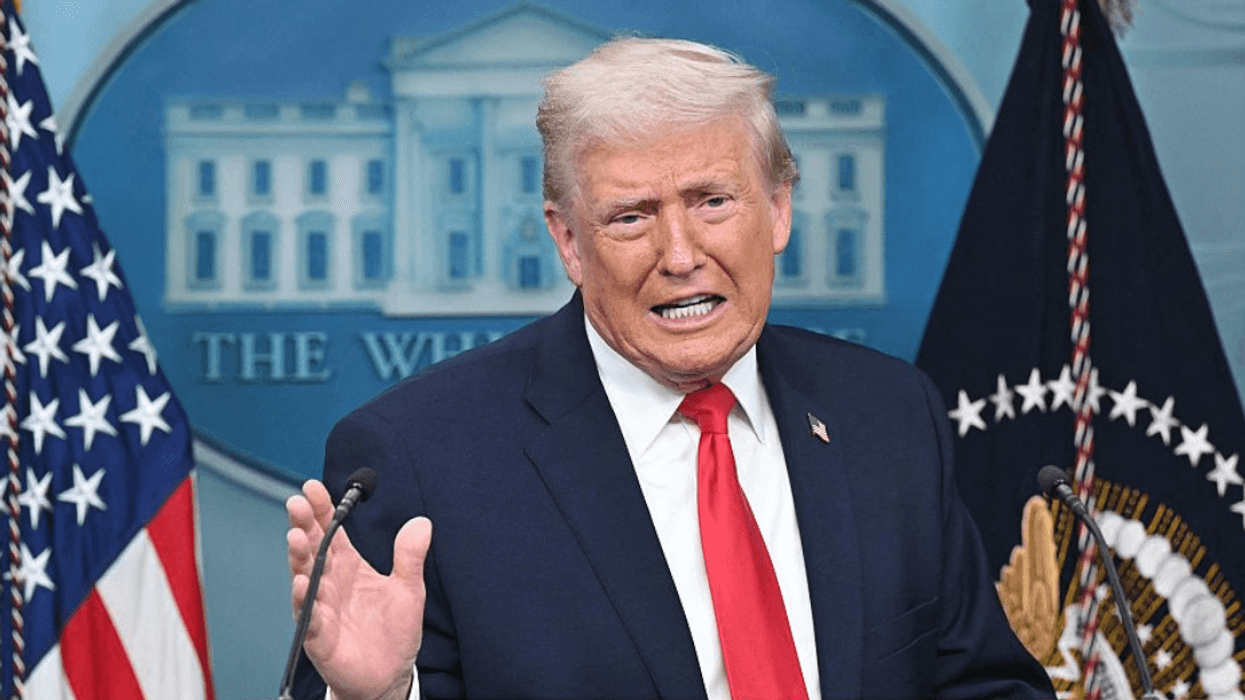

 @reesewitherspoon/TikTok
@reesewitherspoon/TikTok @reesewitherspoon/TikTok
@reesewitherspoon/TikTok @reesewitherspoon/TikTok
@reesewitherspoon/TikTok @reesewitherspoon/TikTok
@reesewitherspoon/TikTok @reesewitherspoon/TikTok
@reesewitherspoon/TikTok @reesewitherspoon/TikTok
@reesewitherspoon/TikTok @reesewitherspoon/TikTok
@reesewitherspoon/TikTok @reesewitherspoon/TikTok
@reesewitherspoon/TikTok @reesewitherspoon/TikTok
@reesewitherspoon/TikTok @reesewitherspoon/TikTok
@reesewitherspoon/TikTok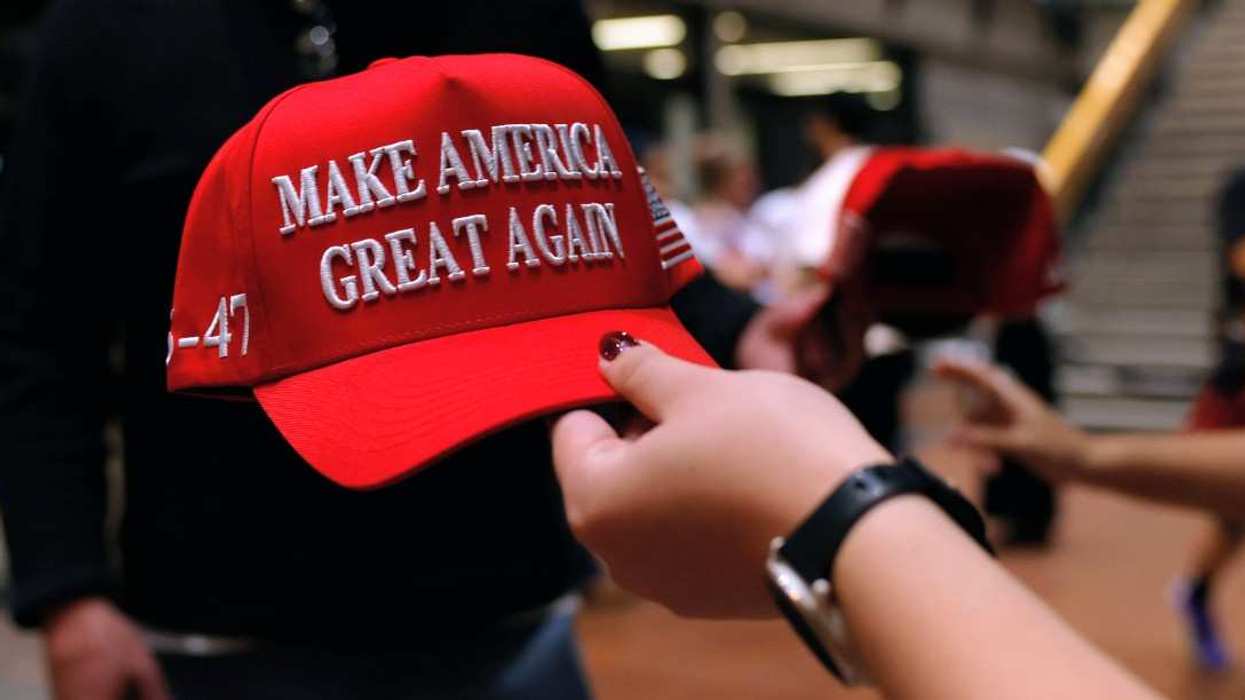
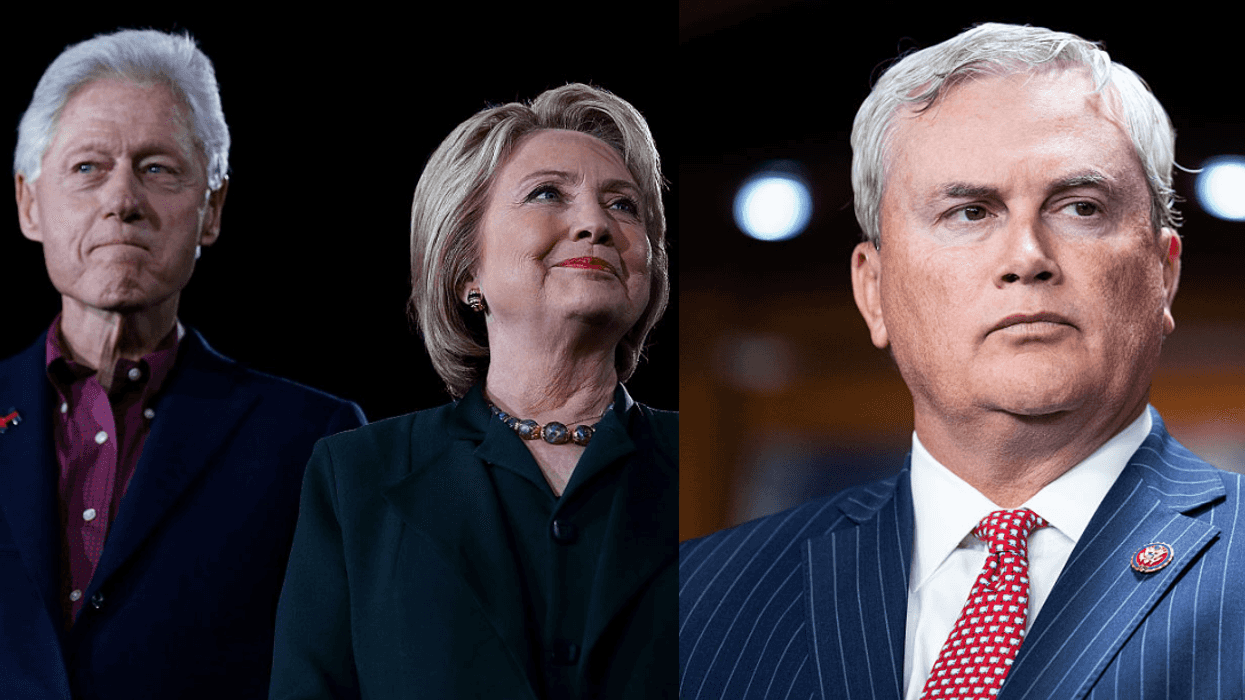
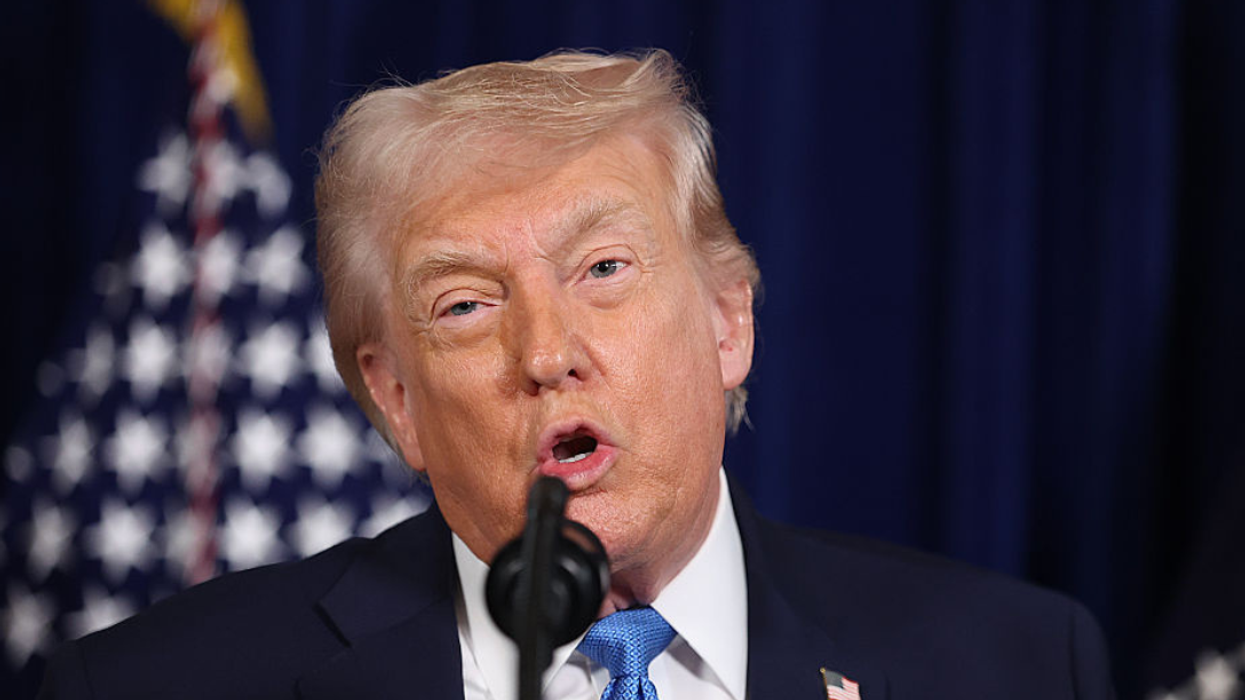


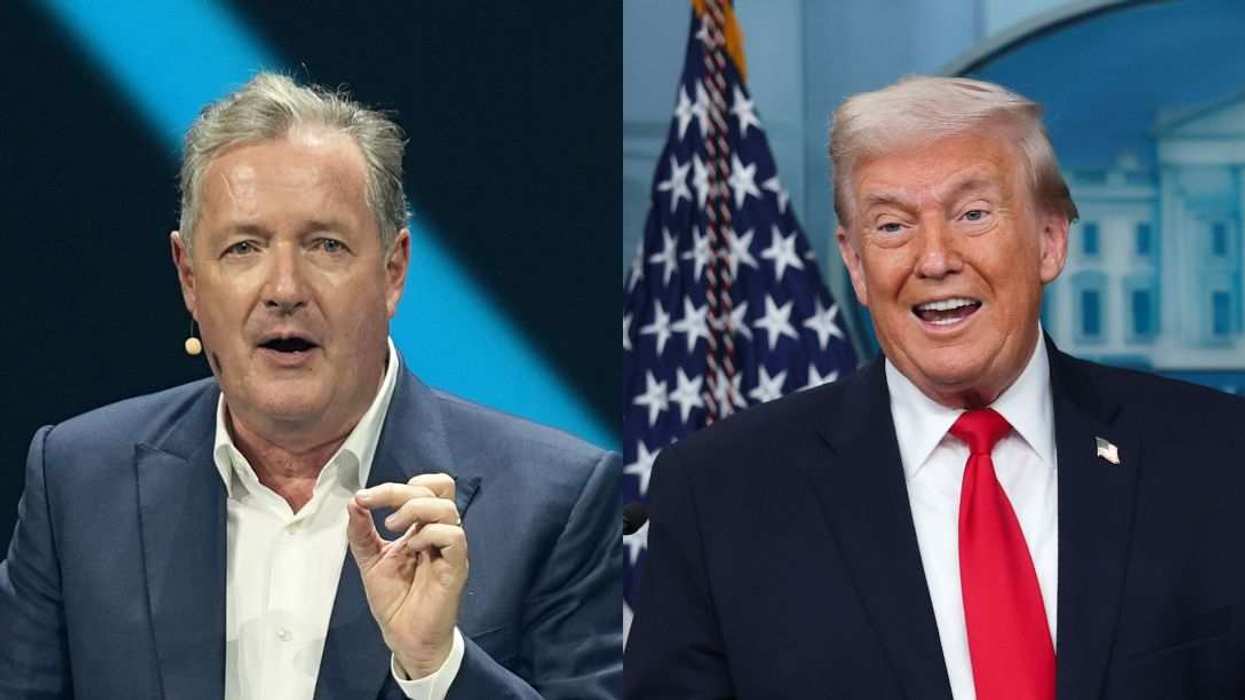

 @refinery29/Instagram
@refinery29/Instagram @refinery29/Instagram
@refinery29/Instagram @refinery29/Instagram
@refinery29/Instagram @refinery29/Instagram
@refinery29/Instagram @refinery29/Instagram
@refinery29/Instagram @refinery29/Instagram
@refinery29/Instagram @refinery29/Instagram
@refinery29/Instagram @refinery29/Instagram
@refinery29/Instagram @refinery29/Instagram
@refinery29/Instagram @refinery29/Instagram
@refinery29/Instagram @refinery29/Instagram
@refinery29/Instagram @refinery29/Instagram
@refinery29/Instagram @refinery29/Instagram
@refinery29/Instagram @refinery29/Instagram
@refinery29/Instagram @refinery29/Instagram
@refinery29/Instagram @refinery29/Instagram
@refinery29/Instagram @refinery29/Instagram
@refinery29/Instagram @refinery29/Instagram
@refinery29/Instagram @refinery29/Instagram
@refinery29/Instagram r/Fauxmoi/Reddit
r/Fauxmoi/Reddit r/Fauxmoi/Reddit
r/Fauxmoi/Reddit r/Fauxmoi/Reddit
r/Fauxmoi/Reddit r/Fauxmoi/Reddit
r/Fauxmoi/Reddit r/Fauxmoi/Reddit
r/Fauxmoi/Reddit r/Fauxmoi/Reddit
r/Fauxmoi/Reddit r/Fauxmoi/Reddit
r/Fauxmoi/Reddit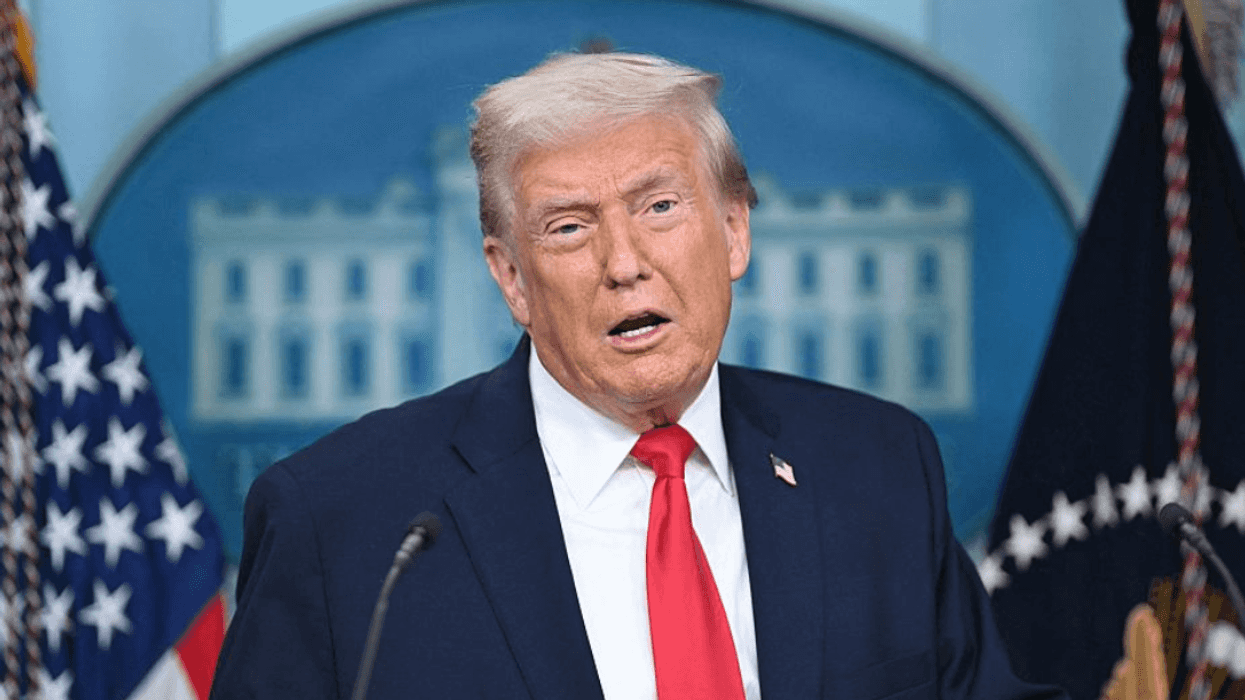
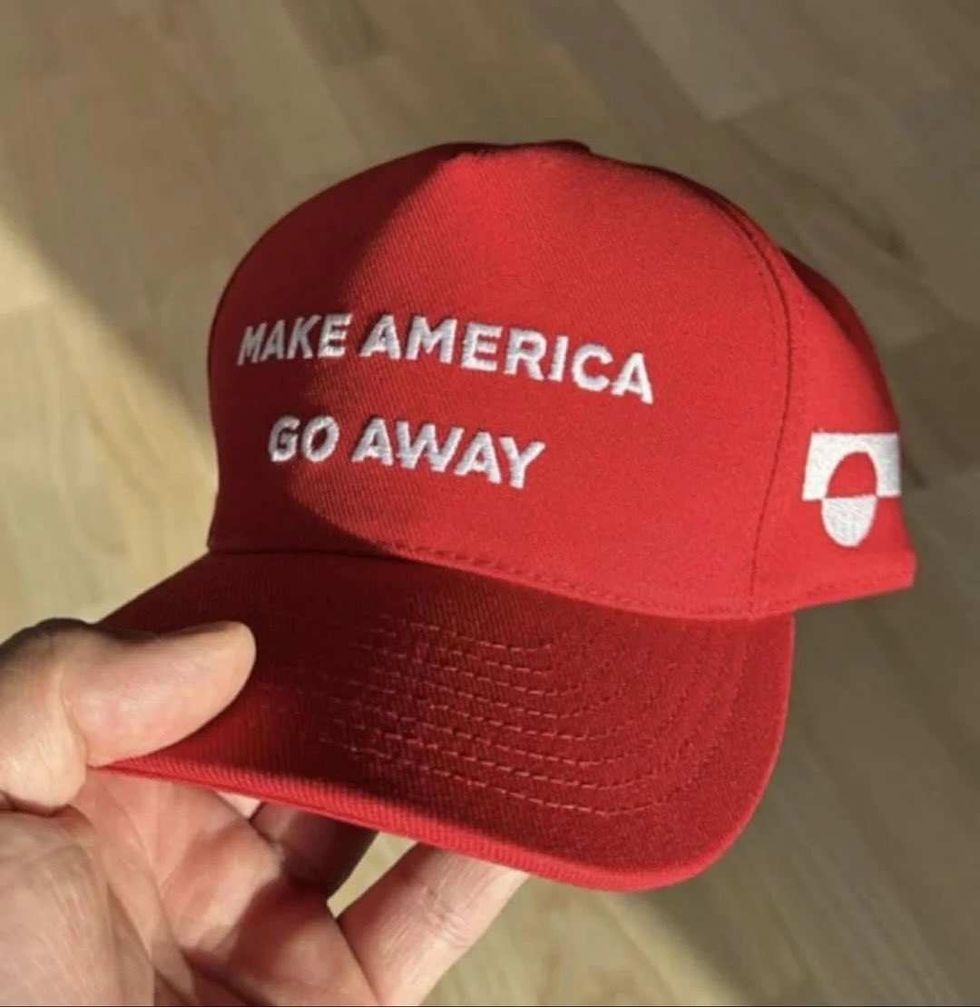 @allenanalysis/X
@allenanalysis/X @allenanalysis/X
@allenanalysis/X